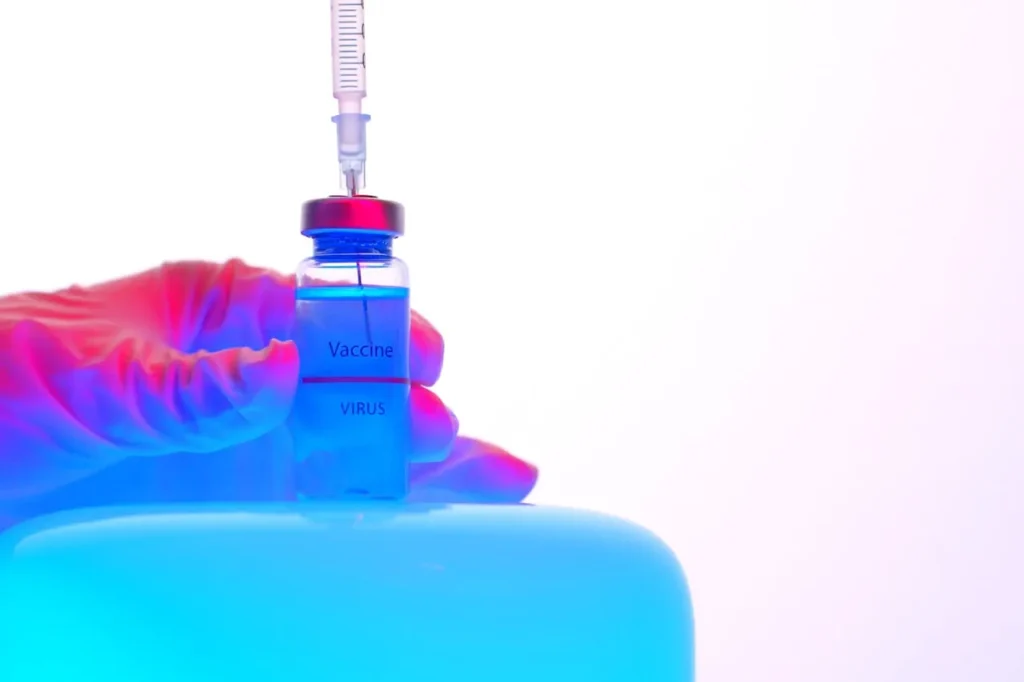
Sangamo Reports Updated Phase 1/2 STAAR Data for Fabry Disease
Fabry Disease Sangamo Therapeutics a genomic medicine company, has announced updated results from the Phase 1/2 STAAR study evaluating isaralgagene civaparvovec (ST-920), its proprietary gene therapy candidate for Fabry disease. The new data reinforce ST-920’s potential as a durable, one-time treatment that can enhance patient outcomes.Sangamo Reports Updated Phase 1/2 STAAR Data for Fabry Disease
These findings will be presented at the 21st Annual WORLDSymposiumTM in San Diego, CA, on February 6, 2025. The oral presentation will take place in the Clinical Applications session from 9:30 to 10:30 a.m. PT, followed by a poster presentation from 3:30 to 5:30 p.m. PT (Poster Ref: 146). The data will also be available on Sangamo’s website under the Presentations section.

“These latest data from the Fabry Disease Phase 1/2 STAAR study are very encouraging, particularly the positive mean eGFR slope observed in patients with at least one year of follow-up, which signals improvements in renal function—a key predictor of morbidity and mortality in Fabry disease,” said Professor Derralynn Hughes, MA DPhil FRCP FRCPath, of the Royal Free London NHS Foundation Trust and a study investigator. “Additionally, the results highlight ST-920’s strong safety profile, sustained benefits, and improvements in quality of life. These findings support ST-920’s potential as a long-term, single-dose treatment for Fabry disease.”
Dr. Nathalie Dubois-Stringfellow, Chief Development Officer at Sangamo, added, “We are excited about the progress of our data, particularly the positive one-year mean eGFR slope results, which will serve as the primary efficacy endpoint for our regulatory submission. Following our alignment with the FDA on an Accelerated Approval Pathway for ST-920, we are eager to build upon these promising results and continue discussions with the FDA and the European Medicines Agency ahead of a potential Biologics License Application (BLA) submission in the second half of 2025.”
Updated Phase 1/2 STAAR Study Results (as of September 12, 2024 Cut-Off Date)
Safety (All Dosed Patients):
- ST-920 remains generally well-tolerated, with most adverse events classified as Grade 1 or 2.
- No liver function test (LFT) elevations requiring steroid intervention occurred.
- No adverse events led to study discontinuation, and no deaths were reported.
Efficacy (All Dosed Patients):
- Elevated α-Gal A activity levels were sustained for up to 47 months in the longest-treated patient and up to 27 months in the highest-dose patient (2.63×10¹³ vg/kg).
- All 18 patients who started on enzyme replacement therapy (ERT) have discontinued ERT and remain off treatment.
- Plasma lyso-Gb3 levels remained stable following ERT withdrawal, with one patient maintaining stability for up to 33 months.
- Among 10 patients with measurable total or neutralizing antibodies (Ab/Nab) against α-Gal A at baseline, antibody titers decreased significantly in nine and became undetectable in seven after ST-920 treatment.
Efficacy (23 Dosed Patients Followed for at Least 12 Months):
- A positive mean annualized eGFR slope of 3.061 mL/min/1.73m²/year (95% CI: 0.863, 5.258) was observed, indicating improved kidney function.
- The Fabry Outcome Survey adaptation of the Mainz Severity Score Index (FOS-MSSI) showed disease severity improvements in 15 patients, with seven experiencing a shift in disease category.
- Significant improvements were reported in SF-36 quality-of-life (QoL) scores, with a mean General Health score increase of 10.6 (p=0.0020)—notably surpassing the minimally clinically important difference threshold of 3-5 points.
- Statistically significant improvements were also observed in bodily pain, physical functioning, vitality, social functioning, and emotional well-being.
- Gastrointestinal symptom rating scale (GSRS) scores continued to show statistically significant improvements from baseline.
Collectively, these results reinforce ST-920’s potential as a one-time, long-lasting therapy for Fabry disease.
Regulatory and Development Updates
Sangamo has completed enrollment and dosing for the Phase 1/2 STAAR study. In October 2024, the FDA confirmed that data from this study would be sufficient for consideration under the Accelerated Approval Program, eliminating the need for an additional registrational study. This decision is expected to accelerate potential approval by approximately three years.
The 52-week eGFR slope data for all enrolled patients will be available in the first half of 2025, with a potential BLA submission anticipated in the latter half of the year. Meanwhile, Sangamo continues to explore potential collaboration opportunities for ST-920.
A more detailed summary of the updated preliminary results will be included in a forthcoming Form 8-K filing by Sangamo. This press release is subject to the details provided in that filing.





